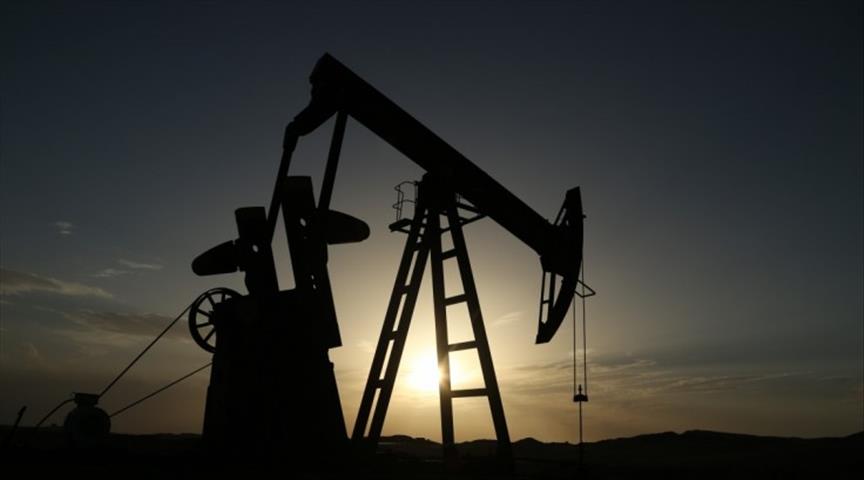��
Afghanistan's largely untapped natural resources have long been considered by some to be vital to rebuilding the country's conflict-affected economy.
However, this week the country’s Minister of Mines and Petroleum Dawoud Shah Saba warned there are serious barriers to exploiting them.
He told the Wolesi Jirga, parliament's lower house, that the country's persisting security problems stopped the government from exploiting the resources, which are currently mostly unprofessionally extracted and smuggled.
He also said that fighters claiming loyalty to Daesh, the militant group in control of parts of Syria and Iraq, wanted to take control of Afghanistan's resources.
“Daesh in Afghanistan is in the quest to control areas where natural resources are abundant. The terror group wants to extract the mines and finance their operations,�� Saba said Monday.
The group has gradually established a presence in parts of Afghanistan, largely with former commanders from the Taliban, which it now directly competes and clashes with.
With the Taliban losing popularity and power, some Afghan analysts believe that Daesh believe mineral resources could be used to fund their attempts to make inroads in Afghanistan.
“Natural resources could be a significant financial resource for Daesh, to fuel their fights, as it was in Syria and Iraq,�� said Kabul University economics professor Taj Muhammad Akbar, referring to the militant group's strategy of taking control of��oil��fields to fund their war.
He warned that it could also have a negative impact on Afghanistan's wider economy because of the revenues that would be lost if Daesh took control of mines.
There are an estimated $3 trillion worth of��oil, gas, lithium and precious stones in several parts of Afghanistan, around a third of them untapped according to a U.S. government survey and with the potential to fundamentally alter the Afghan economy by making the country a major industrial mining center.
Afghan military expert Jawed Kohistani told Anadolu Agency that Daesh still does not have an official presence in Afghanistan but that groups of foreign fighters were fighting under the group's flag.
“They are mostly Uzbeks present in the Afghan provinces of Kunduz, Badakhshan, Sari Pul, Zabul and Uruzgan that are occasionally in competition with the Taliban and may take more power over the course of time,�� said Kohistani.
“The Daesh group has control of��oil��wells in Iraq and Syria. Here the group also tries to get control of economic resources in order to fuel their wars in Afghanistan.��
He said not just Daesh but also the Taliban and other powerful local armed groups -- some of whom have leaders in both provincial and national government positions -- are competing for control of natural resources. He claimed that they also often work together with lawmakers.
“They are seeking to earn independent financial resources in the country, particularly in northern provinces, to feed themselves in cooperation with unofficial figures working in mines,�� Kohistani said.
By��Zabihullah Tamanna��
Anadolu Agency
��


